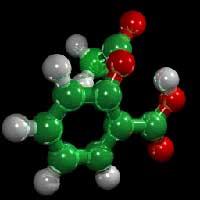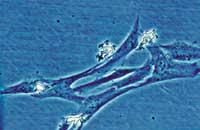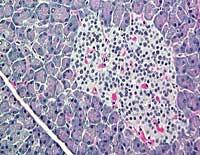Aspirin has more powers than planned
2001/06/12 Galarraga Aiestaran, Ana - Elhuyar Zientzia

Now, according to the study published by researcher Holger Hackstein in The Journal of Immunology, aspirin can have other virtues. Aspirin seems to inhibit myeloid dendritic cells in the spinal cord. The functions of these cells are the detection of foreign substances that penetrate the body and the subsequent communication of the white blood cells. However, aspirin prevents the transmission of the message, since it prevents the maturity of dendritic cells. As a result, these cells cannot produce proteins that exercise antigens.
This study explains the effect of aspirin on inflammation. After an injury, the blood and white blood cells immediately go to this place. But if, by the effect of aspirin, dendritic cells cannot fulfill their work, the white blood cells do not attend. As a result, inflammation decreases.
These investigations have been carried out in the mouse, so only the first steps have been taken. However, researchers believe that aspirin can be useful for curing autoimmune diseases and avoiding rejection of transplants.

Gai honi buruzko eduki gehiago
Elhuyarrek garatutako teknologia





